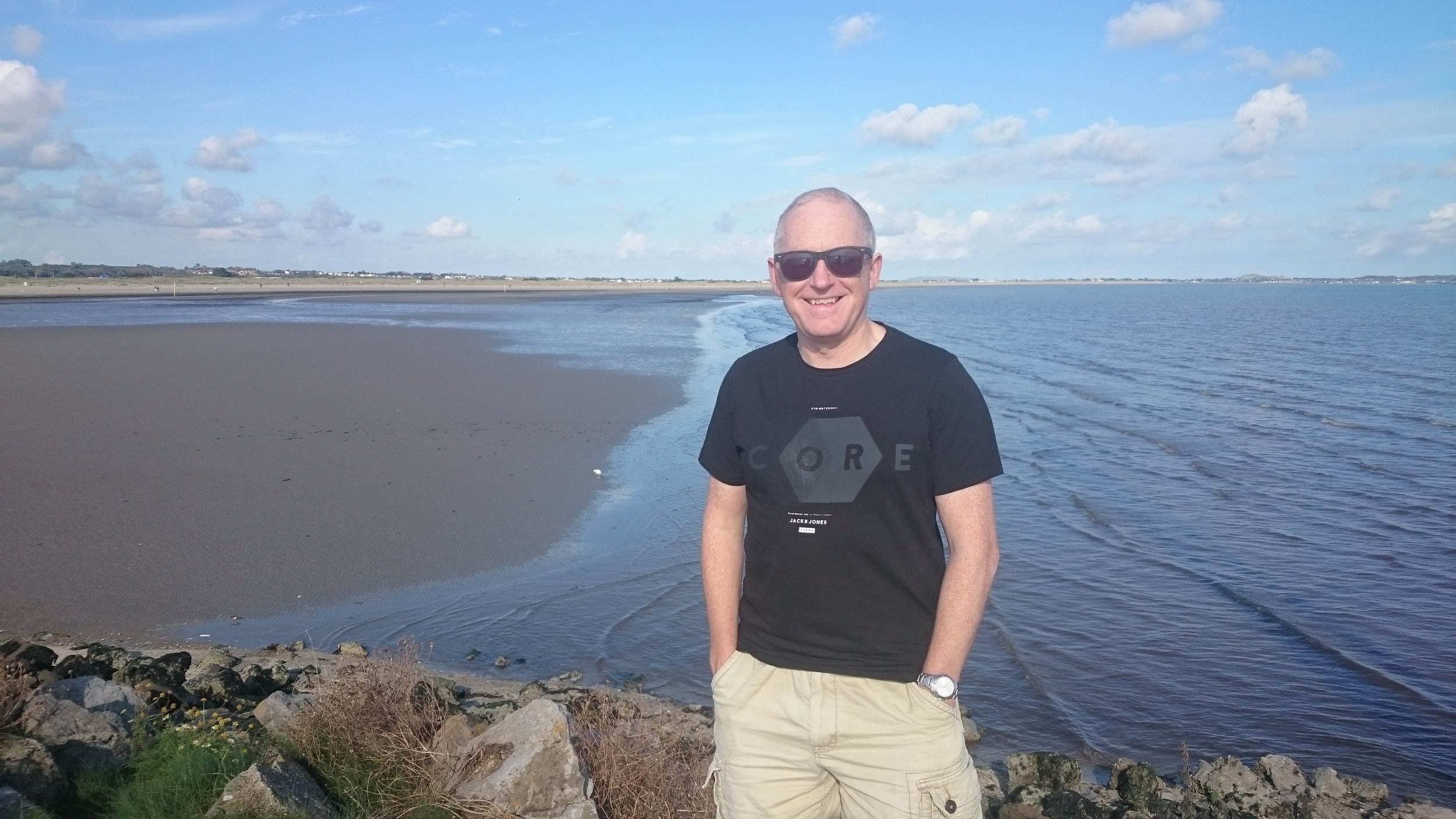When approaching a Red boss who tends to be dominant, assertive and results-orientated it’s important for you to be direct and proactive.
Be prepared and be organised. They value efficiency so be prepared to provide clear and concise answers. Have all the relevant facts figures and data to support your communication.
Because a Red boss likes direct to the point communication don’t waffle and just be prepared to clearly state your idea or request from the start of the conversation. Be clear with your information provide it in a structured way with some positive outcomes and takeaways for the boss.
Present yourself in a confident and assertive manner because a Red boss values seeing confidence in their teams. Use a strong tone and maintain eye contact and express your ideas with conviction and passion with logical reasoning.
Show how your ideas align with their goals and can contribute to the overall desired outcomes of the business. Highlight the potential results and your committment to delivering on your idea.
Because Red bosses value their time prioritise your discussion and keep on track, don’t waffle and be ready to provide solutions to any challenge received.
Be ready for feedback from your boss because Red bosses are usually very direct so if you hear something you don’t agree with avoid being defensive but try to show your appreciation for their input. Ask for clarification if required and for some guidance if need be so you can fully understand their expectations.
While each Red boss is different in the way they may communicate if you can build a positive relationship with the person it can lead to successful outcomes in your career.
Believe in yourself.
If you find this useful give it a like.













